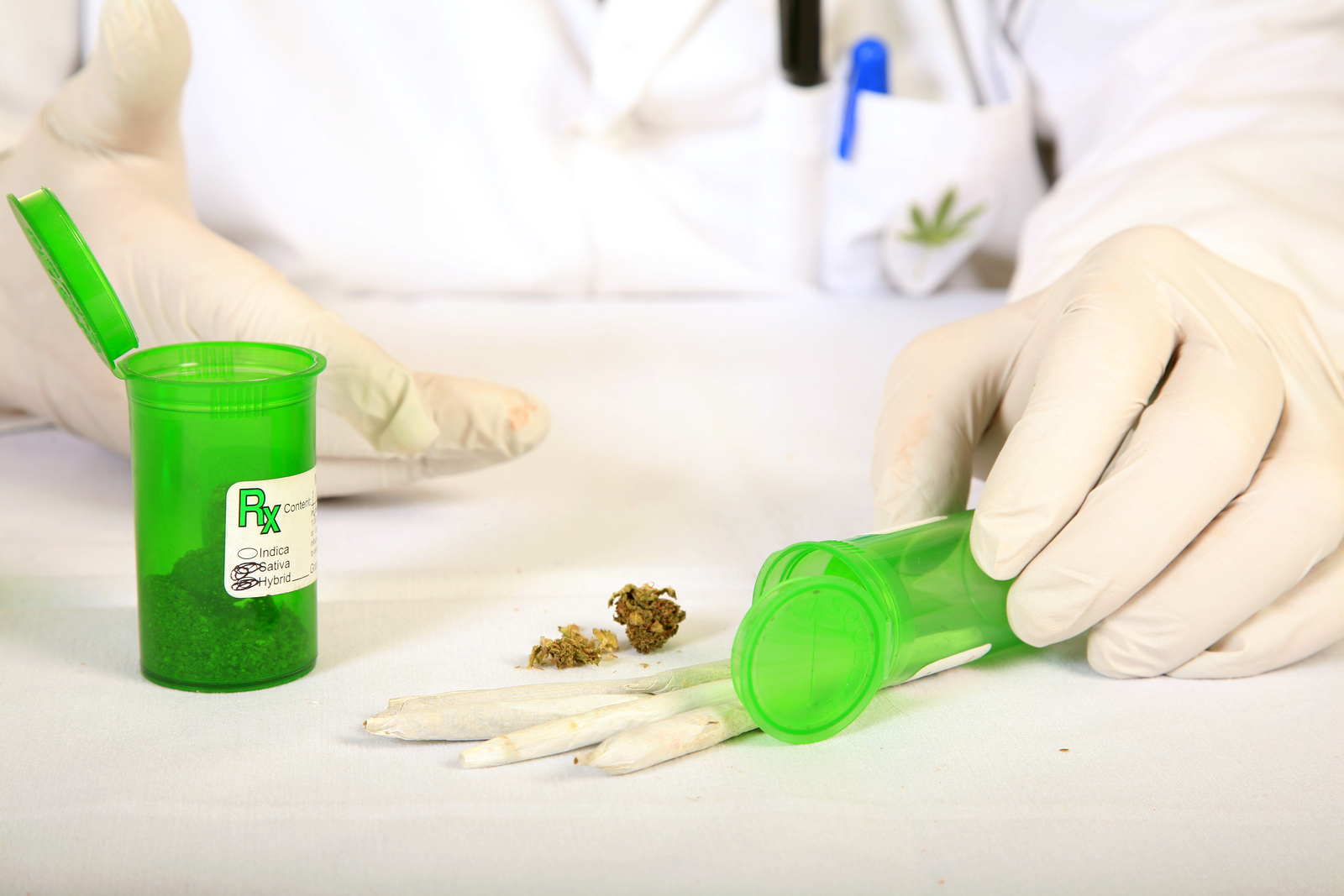While continual legislative updates throughout the country continue to erode outdated prohibitions on marijuana, medical Cannabis remains a controversial and heavily-regulated method of treatment. Cannabis regulations vary dramatically from one state to the next, and the medical marijuana laws pertinent to Massachusetts residents are not the same as laws enforced in other jurisdictions. Therefore, it’s important for prospective patients to familiarize themselves with some of the basic rules, requirements, and restrictions on qualifying for medical marijuana in Massachusetts.
If you’re living with a serious medical condition, Dr. Jordan Tishler invites you to contact Inhale MD to discuss whether medical Cannabis could be an appropriate and effective method of treatment for your illness or injury. A graduate of Harvard Medical School trained in Internal Medicine, Dr. Tishler has more than 20 years of experience treating adult patients for a wide variety of conditions. He is a passionate advocate for the safe and responsible administration of medical marijuana, and has seen countless patients benefit from its effects.
To arrange for a private consultation with Dr. Tishler on the uses of medical marijuana, call Inhale MD at (617) 477-8886. Dr. Tishler will always keep your information completely confidential.

Massachusetts Eligibility Requirements for Cannabis Patients
Before we begin our discussion of the medical conditions which qualify for medical Cannabis, it’s important to review the general eligibility criteria for obtaining a Massachusetts Medical Marijuana Card. Regardless of the underlying condition, in order to qualify all prospective patients must meet the following criteria set forth by the Executive Office of Health and Human Services (EOHHS):
- Be at least 18 years old. If the patient is a minor, he or she may still potentially qualify if he or she:
- Has been diagnosed by at least two Massachusetts licensed certifying physicians as having a “debilitating life-limiting illness,” defined as an illness which (1) does not respond to other treatments, and (2) is expected to result in death within two years.
There are some exceptions allowing non life-limiting illnesses to qualify, provided the following standards are met:
- The minor’s parents or legal guardians must be informed of the potential neurological effects.
- The minor’s parents of legal guardians must give written consent to treatment.
- The physicians treating the minor must establish that the benefits of using medical Cannabis outweigh the risks and disadvantages.
In addition to meeting the above age requirements, qualifying patients must also be a Massachusetts resident. Acceptable documentation for establishing proof of residency includes but is not limited to the following items:
- A Massachusetts driver’s license or state ID card.
- A U.S. passport or military ID, provided you also submit one of the following in order to prove Massachusetts residency:
- A loan, lease, or mortgage, no more than six months old, bearing your name, address, and signature.
- Utility bills or car insurance policies, provided they are dated within the past 60 days.
- A marriage certificate, which must be no more than six months old.

Does Your Condition Qualify for a Medical Marijuana Card?
In addition to the general age and residency requirements noted above, there are also some medical requirements for qualifying for medical marijuana in Massachusetts.
Specifically, you must have been diagnosed by a licensed physician as having a “debilitating medical condition.” As provided by Section 2(C), the Act for the Humanitarian Medical Use of Marijuana defines the term “debilitating medical condition” (and therefore the uses of medical marijuana) to include the following:
- ALS (Amyotrophic Lateral Sclerosis)
- Cancer and malignant tumors, including but not limited to:
- Brain Cancer
- Brain Tumor/Glioma
- Breast Cancer
- Cervical Cancer
- Colon/Colorectal Cancer
- Hodgkin Lymphoma
- Kidney Cancer
- Leukemia
- Liver Cancer
- Lung Cancer
- Mouth/Oral Cancer
- Multiple Myeloma
- Non-Hodgkin Lymphoma
- Ovarian Cancer
- Pancreatic Cancer
- Prostate Cancer
- Sarcoma
- Skin Cancer
- Stomach (Gastric) Cancer
- Testicular Cancer
- Thyroid/Parathyroid Cancer
- Vulvar Cancer
- Crohn’s Disease/Ulcerative Colitis (UC)
- Glaucoma
- Hepatitis C
- HIV/AIDS (Human Immunodeficiency Virus/Acquired ImmunoDeficiency Syndrome), including:
- AIDS-Related Lymphoma
- Kaposi Sarcoma
- Primary CNS Lymphoma
- MS (Multiple Sclerosis)
- Parkinson’s Disease
Additionally, Section 2(C) also provides for “other conditions as determined in writing by a qualifying patient’s physician.” These conditions may include, but are not limited to, the following:
- Anorexia
- Anxiety
- Chronic Back Pain
- Depression
- Insomnia
- RA (Rheumatoid Arthritis)
As the above lists suggest, marijuana has a very broad range of medical applications. While Cannabis is perhaps best known for its benefits with regard to pain management, the health benefits of medical marijuana may also include:
- Combating nausea, diminished appetite, and subsequent malnutrition and weight loss resulting from chemotherapy treatments, HIV/AIDS, anorexia, and gastrointestinal conditions like Crohn’s Disease.
- Improving mobility by relieving joint pain and muscular pain caused by arthritis or severe injuries.
- Inhibiting the growth of cancerous cells. While marijuana’s cancer-fighting properties have been thoroughly documented by a comprehensive body of peer-reviewed medical studies, Cannabis should ideally be used in conjunction with chemotherapy, which remains the most effective method cancer treatment.
If your quality of life is being negatively impacted by a serious medical condition, you may be a good candidate for medical Cannabis. Call Dr. Tishler at (617) 477-8886 to start discussing the health benefits of medical Cannabis in a private consultation. Even if you aren’t completely sure whether you qualify or whether medical marijuana is right for you, please don’t hesitate to contact Inhale MD. Dr. Tishler can help you understand and evaluate your health care options.
MA specifically qualified conditions:
- Cancer
- Glaucoma
- Acquired immune deficiency syndrome (AIDS) or HIV positive status
- Hepatitis C
- Amyotrophic lateral sclerosis (ALS)
- Crohn’s disease
- Parkinson’s disease
- Multiple sclerosis
And other debilitating conditions as determined in writing by a qualifying patient’s physician, which may include:
- Chronic back pain
- Rheumatoid Arthritis
- Insomnia
- Anorexia
- Anxiety
- Depression
